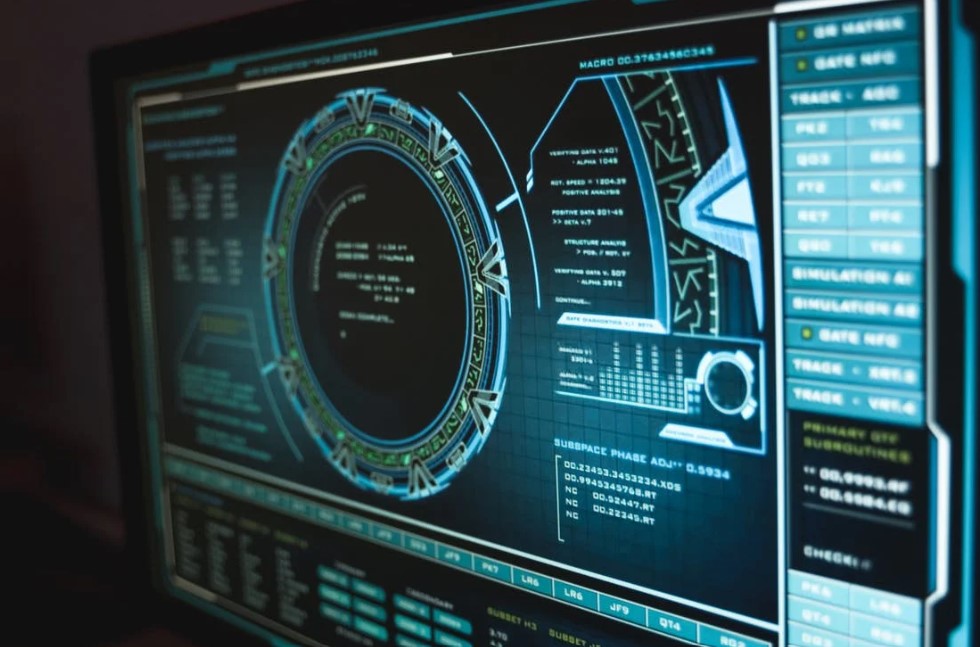
Automation is the trend to follow for companies worldwide. Automating workflows is a huge benefit for any company as it frees up staff to focus on more important tasks that need that human touch. Automation is achieved through RPA tools and for this, an expert RPA developer is needed.
Robotic Process Automation is defined in this way by the Automation Anywhere portal "RPA is an easy-to-use software technology to automate digital tasks."
They go on to note “with RPA, software users create software robots, or “bots,” that can learn, imitate, and then execute rule-based business processes. RPA automation allows users to create bots by observing human digital actions. Show your bots what to do, then let them do the work. Robotic process automation software bots can interact with any application or system the same way people do, except RPA bots can operate 24/7, much faster, and with 100% of reliability and precision.
How to become an RPA developer
An RPA developer does not fulfill the same role as a conventional programmer who is dedicated to developing applications and creating websites for different purposes. When it comes to an automation tool, you need to have a different set of skills and knowledge to meet customer requirements.

SimpliLearn defines an RPA developer as “an RPA developer is someone who works cross-functionally with operations and business analysts to create and optimize workflow processes. However, this is a relatively new career path, and the formal titles of many organizations for RPA developers differ. Other similar positions may use titles such as Process Designer or Automation Architect.”
Beyond the role that the RPA developer fulfills within the company, he will be required to be in charge of designing and managing the automatic flows of projects and tasks. He will also be responsible for fixing errors such as bugs in the system, so he must have knowledge of writing code. Some technologies that he should know about with UiPath and Automation Anywhere.
Skills a RPA developer should have
Among the desired skills of a robotic automation process developer are:
- Ability to strategically plan tasks, set goals to achieve, and have initiatives for the RPA project of the company or the client.
- Be able to analyze a process and have the ability to offer recommendations and advice to improve or repair it. An RPA developer must know how to improve the workflow of the company and is responsible for the application of the technology or tool with which they will work.
- To be able to solve the problems that arise when the RPA technology begins to be applied. The appearance of errors will be inevitable, so a good RPA developer must have the ability to analyze and resolve them as quickly as possible, for this he must have knowledge of how to debug code.
- Understanding of programming languages: It is essential that you have experience and in-depth knowledge of programming languages such as C/C++, Python, Ruby, and Java.

Tools that an RPA developer must handle
UiPath
One of the most popular RPA tools and essential for every developer of automated processes. UiPath provides all the basic capabilities. It makes Citrix support available to the user. It's also easy to use for non-developers. Can handle complex processes. And this tool is perfect for businesses of any size.
This tool offers the user the necessary security of their data through the management of credentials and information encryption, as well as role-based access controls, which makes it special for companies with intricate workflows.
Read more: 6 advantages of the Dedicated Software Development Team model
Automation Anywhere
An RPA tool that makes basic task automation capabilities available to the user. For the RPA developer, this will be a fairly simple tool to use. It is ideal for medium and large companies, and also offers effective cloud computing services.
With its proven security, it uses authentication, encryption and credentials to protect any sensitive information. It also provides the user with real-time reporting and analytics, plus it can be used on any platform.
Blue Prism
Blue Prism RPA provides all the basic and necessary capabilities for the automation of a company's tasks. It is a tool suitable for working on any platform and with any application, it requires the user to have previous knowledge of programming, but it is easy to learn to use.
One of its main advantages is the speed of execution and being independent of any platform, having the ability to adapt to any. One of the disadvantages when using it is that the person must have a high level of programming knowledge, in addition to its high cost.
These are the main tools that any RPA developer must master perfectly in order to successfully implement the process in any company. At Rootstack we have a team of experts who handle these and other tools. Let us help you automate processes and workflows so that your company enters the technological present and future, receiving all the benefits.
We recommend you on video

